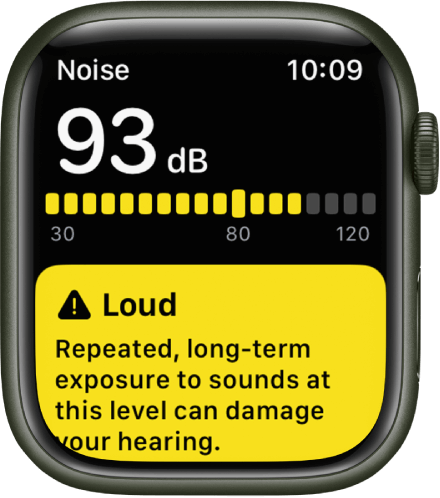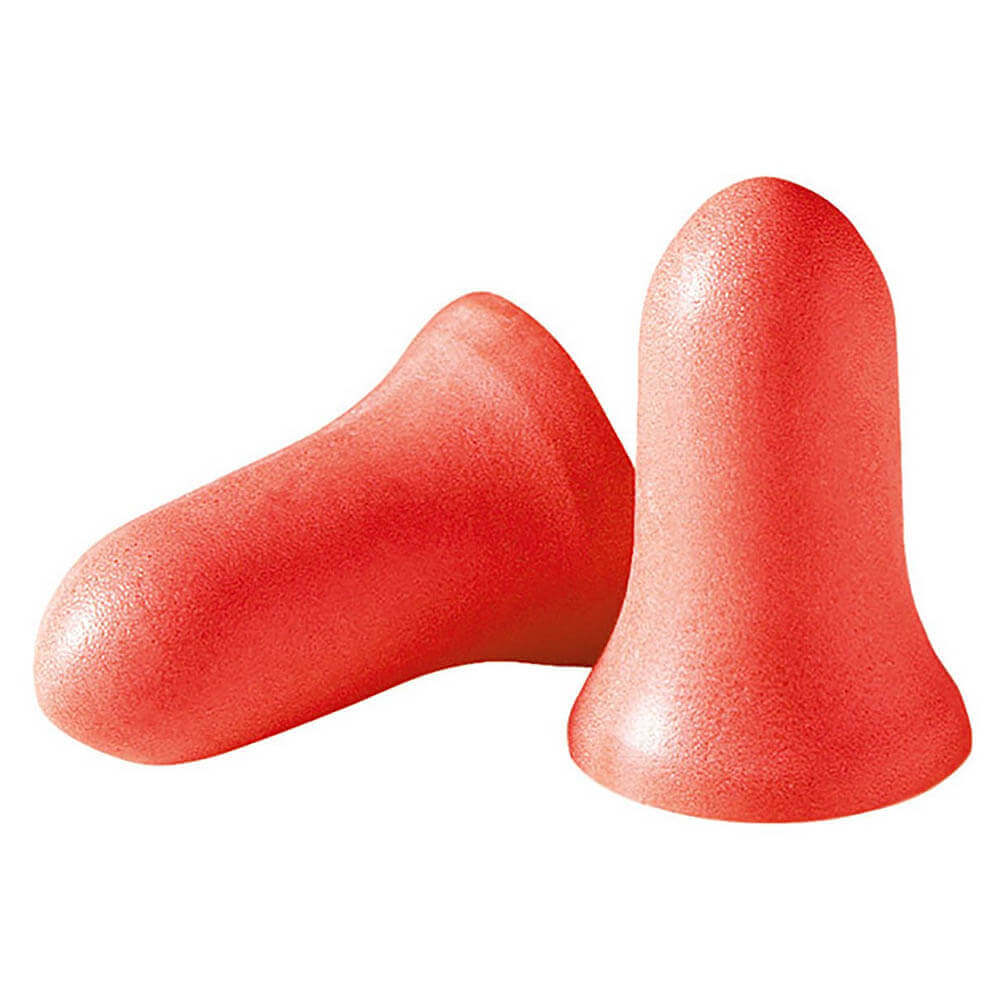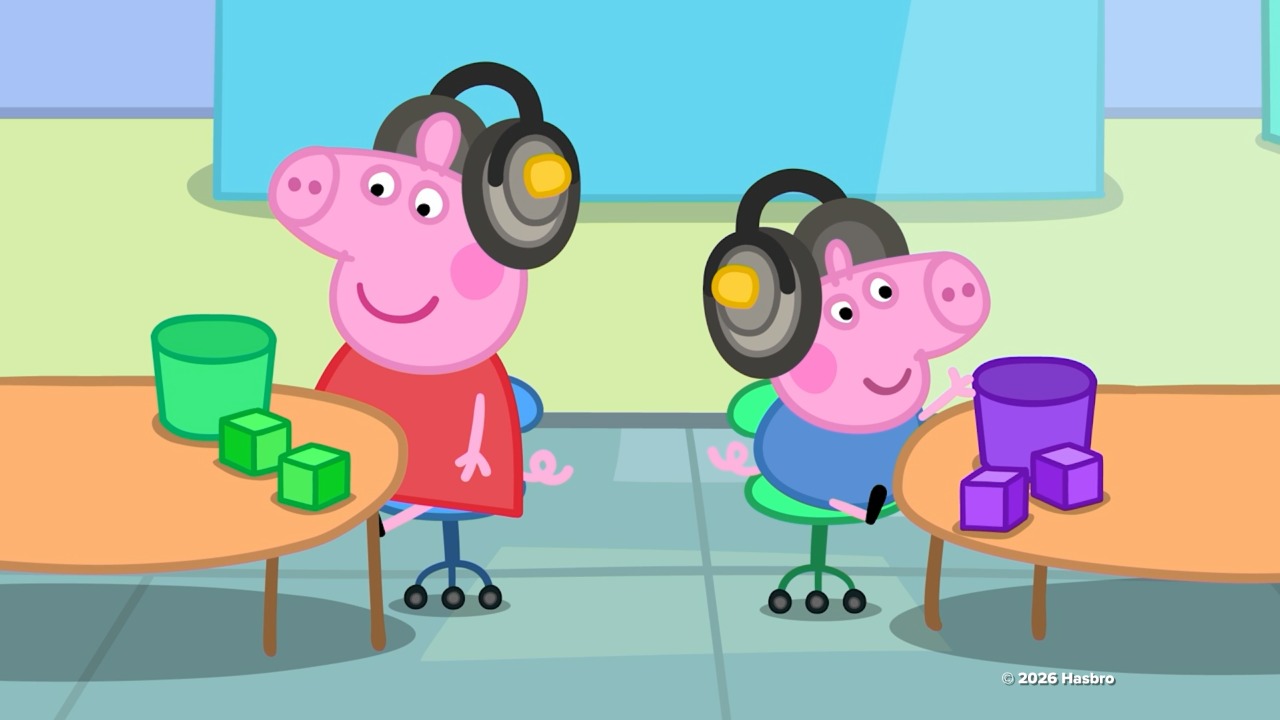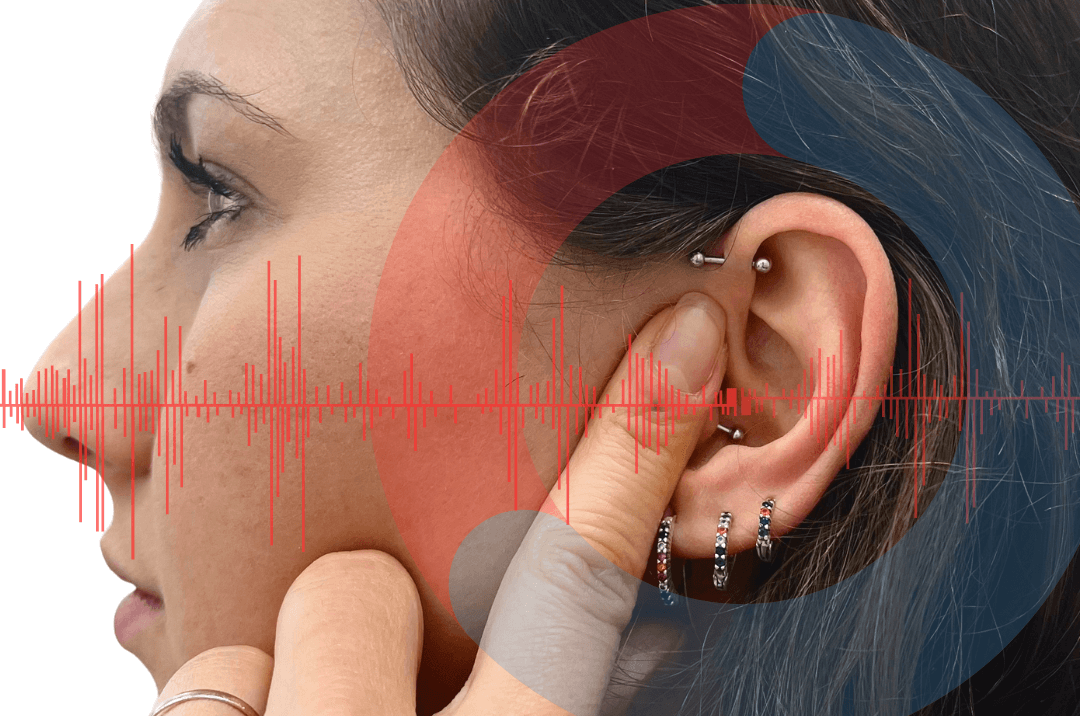
What Is Diplacusis?
Diplacusis is a rare hearing disorder in which a single sound is perceived differently by each ear. Instead of hearing
Walking into the gym, you may not even notice that the background noise level is pretty high. Generally there’s music or a radio station playing through the speakers alongside the sound of the machines and fitness classes. This is all as well as the conversations which are happening.
Recent research has found that often the noise level in fitness classes, such as spin, sometimes exceed safe listening levels. Obviously the intention of the loud, upbeat music is to boost motivation but should this be at the detriment of a safe listening level? The sad reality is that if you are often in an environment where noise levels go above a safe level, you could be at risk of noise-induced hearing loss. If you are an Apple Watch user, they have a function which will inform you if you are being exposed to noise that is above a safe level. This is a useful tool to be aware of when you are unsure if the noise level is safe or not.

Sound is measured in decibels (dB). So that you can understand the context of decibels, we have outlined some common sounds and their average dB level:
Prolonged exposure to any sounds which are over 70 dB could cause damage to your hearing. Exposing yourself to any noise over 120 dB could unfortunately cause immediate damage. Loud noise can cause damage to the delicate structures in the ear. This could cause temporary hearing loss, from a few minutes to a few days or result in experiencing the symptoms of tinnitus. One instance of loud noise could cause damage to your hearing but it is more likely that exposure to loud noise over a long period of time will be the problem.
Obviously none of these options are great if you are partaking in an exercise class. However, noise cancelling headphones may be a good option if you are just in the main part of the gym. In a class, we would recommend taking a spot as far away from the speakers as possible. You should also always take breaks if you are being exposed to a loud noise level.

If you are concerned you may be suffering with noise-induced hearing loss, please don’t hesitate to get in touch.

Diplacusis is a rare hearing disorder in which a single sound is perceived differently by each ear. Instead of hearing

Whether you have children in your life or not, we’re willing to bet you’ve heard of Peppa Pig and her

Tinnitus is the perception of sound when there is no external source. It is commonly described as a ringing in